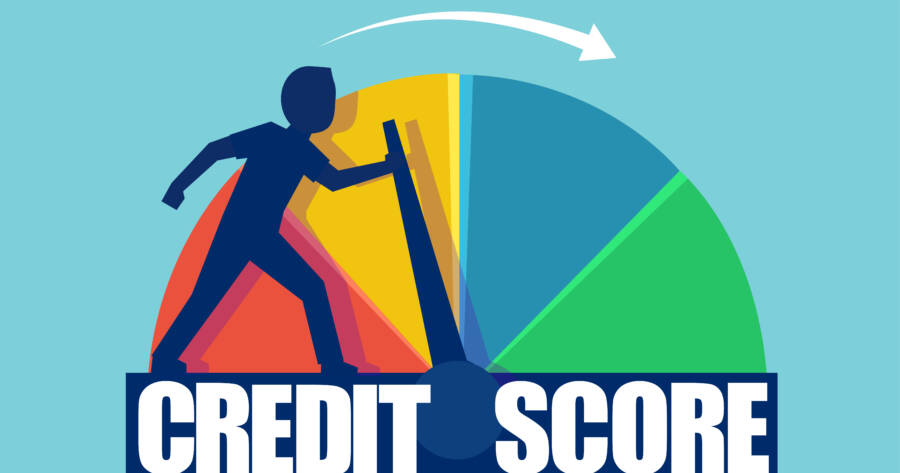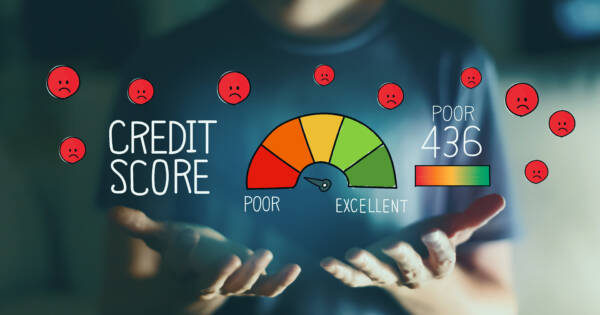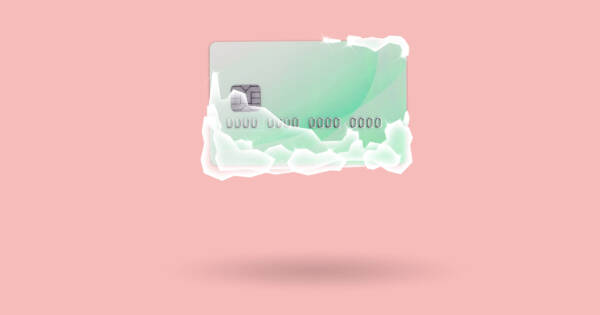Given how prevalent credit cards and borrowing have become in contemporary consumer culture, it should come as no surprise that millions have seen their credit scores plummet. There are lots of reasons for dropping credit scores. Failing to make payments on time, defaulting on debt, closing credit accounts, and rejected credit applications all take a negative toll. You need good credit to qualify for mortgages, car loans, lines of credit, and credit cards with favorable rates, Therefore, it’s in your best interests to improve your credit score if it’s suffered some damage recently.
There’s good news, though. Raising your credit score is a straightforward process. It just takes some foresight, planning, and discipline. Here are seven proven tips on how to raise your credit score, curated from major credit reporting bureaus, banking experts, and personal finance professionals.
Check Your Credit Report for Accuracy and Completeness
Consumer protection laws allow you to access a free copy of your credit report from each of the three main reporting agencies once every 12 months. One of the first things you should do is contact Equifax, Experian, and TransUnion and obtain copies of your credit reports. Review all three reports carefully. Open formal disputes to remove inaccurate negative information, and petition to have missing positive information added. Every little bit counts, so be thorough.
You may have heard that requesting your credit report will negatively impact your score. This is a common misconception. Self-submitted consumer requests are known as “soft inquiries” and have no effect on your credit rating. You should regularly check your score.
Pay Your Bills Promptly
Paying your bills on time is one of the most important indicators of your creditworthiness. Many finance industry insiders cite prompt bill payments as the single most effective and important thing you can do to get your credit score moving in the right direction. This includes not only your credit card bills, but also your phone, internet, home utilities, mortgage, insurance premiums, and payments on any outstanding loans you may have.
Are you having trouble keeping all your monthly due dates straight? Use digital scheduling tools to set up automatic reminders. You can also configure your online banking to make payments automatically. If you’re having a hard time staying on top of all your bills, look into ways to cut back your spending. For instance, it’s easy to save a bundle on cable and internet with a little bit of consumer savvy.
Reduce Your Debt Load
Another important indicator that lenders look at is your debt-to-credit ratio. Basically, this expresses how much credit you use relative to how much you have available. As a simple example, let’s say you have a credit card with a $5,000 limit. If you’re constantly carrying a balance close to $5,000 (or exceeding your limit after interest charges), lenders view this as a red flag that your credit is saturated.
Create a financial plan to put some daylight between your existing balances and your maximum credit limits. This signals your ability to manage credit responsibly, improving your score. However, don’t open new credit accounts in an attempt to swing the ratio.
Keep Resolved Debts on Your Credit Report
You might think that getting an old debt taken off your credit report is a good idea. For instance, your credit report may list a student loan you paid off years ago, or an auto loan you resolved a few months back. In actuality, it can help your score to keep these things visible. A credit account with a long, detailed history that includes fully repaid debts is appealing to lenders. Leave those settled debts on your report. It will boost your score in the long run.
Enroll in Programs Designed to Improve Your Score
There are many programs available to consumers who want to improve their credit ratings. Two leading examples are Experian Boost and UltraFICO. Both of these programs utilize similar strategies. They use outside financial information to help beef up a report that is otherwise light on positive information. For instance, both programs allow you to connect your banking records to your credit report. That way, lenders can take things like your deposit history and cash liquidity into consideration.
As an alternative, you can also work with commercial credit repair services. These businesses help consumers in many ways. Some employ lawyers with detailed knowledge of credit law to apply their expertise to improve your score. Others advocate on your behalf, making sure inaccuracies on your credit report get removed. These services are more costly, but could be the worth the investment in the long run.
Apply for New Sources of Credit Only When Needed
When you apply for a credit card, bank loan, line of credit, or another source of consumer credit, the would-be lender checks your credit score. Unlike self-requested credit reports, these count as “hard inquiries.” They usually put a temporary ding on your credit rating. If a whole bunch of them come in quick succession, the cumulative effect can add up to a significant dip for your score. Hard inquiries can remain on your credit report for up to 24 months, so you’ll definitely want to be careful about them. You should never apply for new sources of credit just because they’re available.
Instead, you should be more strategic about it. If you do need a loan, shop around for rates and limit the number of formal applications you make. If you don’t need another credit card, don’t accept any offers you might get. This will also help you avoid temptation and keep your current debt load under control.
Avoid Closing Existing Credit Accounts
If you’ve finally paid off some nagging credit card debt, you may be tempted to close that account to eliminate it from your profile. Or you might pledge to never use the card again. However, keeping the account open but maintaining a zero balance helps you achieve a better debt-to-credit ratio. If you close the account, the credit limit it offers comes off your total credit availability, thus reducing your ratio and dragging your score down with it.
One exception to this rule applies to credit cards with annual fees, especially if they’re high. You don’t want to pay fees for cards you don’t use. Otherwise the best bet way to improve your score is to use your card sparingly, but pay the entire balance every month.
Special Strategies to Get Your Score to Improve Quickly
In addition to these tips, you can also draw on a variety of advanced techniques to help boost your score quickly. One trick is to know when your creditors make their monthly reports and to pay down debt just before that date. This makes your debt-to-credit ratio as low as possible on reporting day, which will improve your score.
Another secret is to increase your credit limits (if you qualify), but never use the extra money. This is another way of making your debt-to-credit ratio more favorable. Finally, it’s also worth noting that varying the types of credit you have available will also help improve your score. So mix in lines of credit, bank loans, and store-based consumer credit if they are available to you.
The Last Word
As a final piece of advice, keep your expectations realistic. Even the most accelerated credit improvement strategies take months (or years) to have an effect. People sometimes get frustrated when they don’t get results right away and change up their approach. That’s just the financial equivalent of spinning your wheels and sinking deeper into a mud puddle. Stay the course, and the proven methods of improving a damaged credit score will take a positive toll over time.








